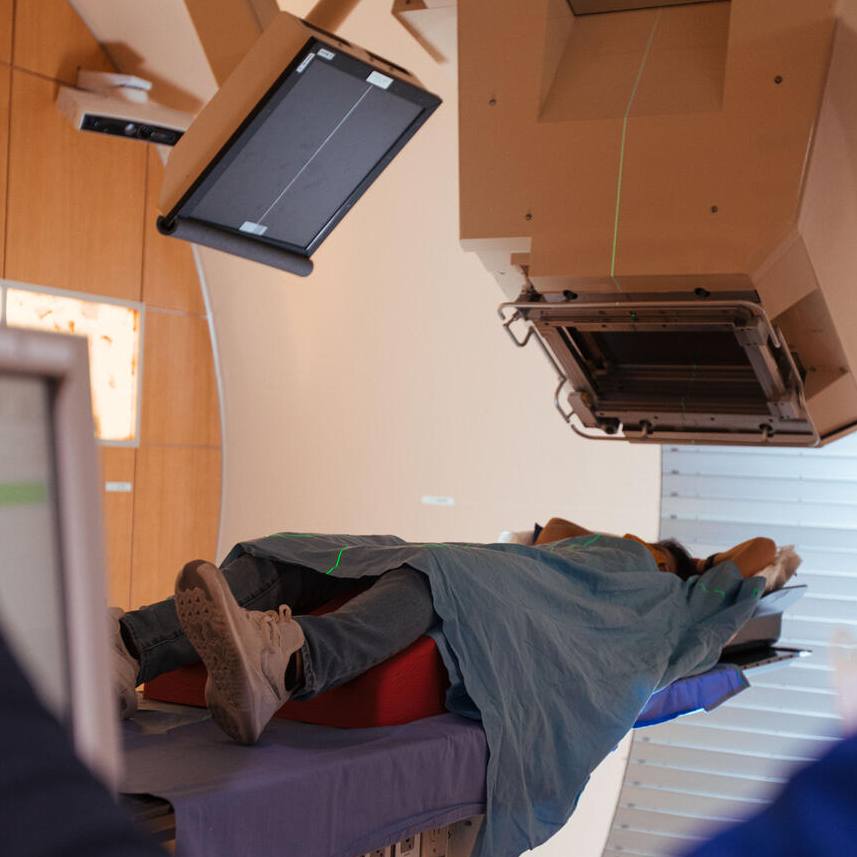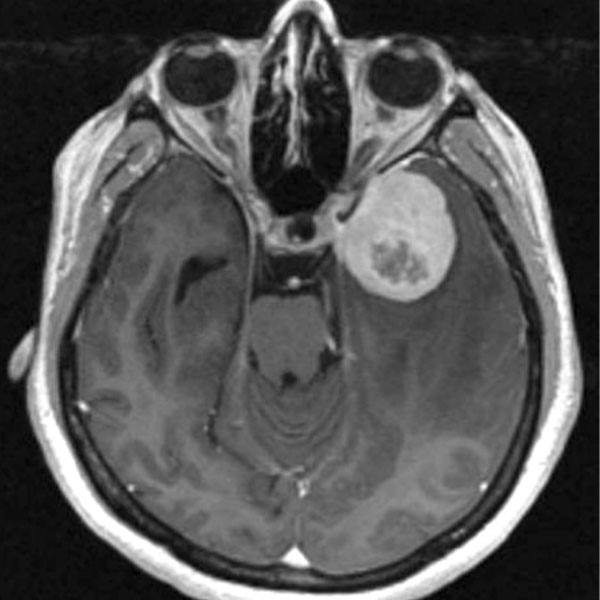-

Mayo Clinic Researchers Combine Common Genetic Variants and Other Factors to Improve Breast Cancer Risk Prediction
ROCHESTER, Minn. — Recent large-scale genomic analyses have uncovered dozens of common genetic variants that are associated with breast cancer. Each variant, however, contributes only a tiny amount to a person’s overall risk of developing the disease.
A Mayo Clinic-led team of international researchers has now combined 77 of these common genetic variants into a single risk factor that can be used to improve the identification of women with an elevated risk of breast cancer. This factor, known as a polygenic risk score, was built from the genetic data of more than 67,000 women. The results of the research are published April 9, 2015, in the Journal of the National Cancer Institute (JNCI).
A companion study has extended this finding to show that this measure of genetic variation can be combined with traditional predictors of breast cancer risk such as breast density and family history to improve personalized estimates of breast cancer risk. Those findings appeared in JNCI last month.
MEDIA CONTACT: Joe Dangor, Mayo Clinic Public Affairs, 507-284-5005, newsbureau@mayo.edu
Journalists: Sound bites with Dr. Fergus Couch are in the downloads.
https://www.youtube.com/watch?v=AidVeXTZA8s&feature=youtu.be
“This genetic risk factor adds valuable information to what we already know can affect a woman’s chances of developing breast cancer,” says study co-author Celine Vachon, Ph.D., an epidemiologist at Mayo Clinic. “We are currently developing a test based on these results, and though it isn’t ready for clinical use yet, I think that within the next few years we will be using this approach for better personalized screening and prevention strategies for our patients.”
Scientists have known for decades that genetics can play a role in breast cancer. For example, inheriting a mutation in BRCA1 and BRCA2 genes greatly increase a woman’s risk of developing the disease, but these mutations are rare and account for less than five percent of all breast cancers. More common genetic variations known as single nucleotide polymorphisms or SNPs also contribute to cancer susceptibility, but the individual contributions are too small to predict breast cancer risk.
In this study, researchers tested whether they could combine the effects of these individual SNPs into a single risk factor for breast cancer. The investigators essentially added up information on 77 SNPs from 33,673 breast cancer patients and 33,381 healthy subjects to derive the polygenic risk score.
They showed that the polygenic risk score could successfully place women into different categories of risk. Compared to women with an average polygenic risk score, women in the top 1 percent were three times more likely to develop breast cancer. In addition, women in the lowest one percent of the score were at a 70 percent lower risk of developing breast cancer. These results indicate that the polygenic risk score is as powerful as other known risk factors such as breast density or family history.
“To do an even better job at risk prediction, we need to include this genetic profile into breast cancer risk models, along with other relevant information like family history, lifestyle risk factors, previous biopsies, and breast density,” says study co-author Fergus Couch, Ph.D., a molecular geneticist and pathologist at Mayo Clinic. “But first we need to make sure that each of the factors are independent, because if the polygenic risk score is simply repeating what was already accounted for by some of the other known risk factors then it won’t be valuable in a risk model setting.”
Drs. Couch and Vachon conducted a second study to evaluate overlap between the polygenic risk score and the Breast Imaging Reporting and Data System (BI-RADS), a breast density measure that is routinely assessed in the clinical setting. Using data from three clinical studies involving 1,643 breast cancer patients and 2,397 healthy subjects, the researchers found that both factors independently contribute information to breast cancer risk.
They incorporated the polygenic risk score into the Breast Cancer Surveillance Consortium (BCSC) risk-prediction model, which uses breast density, family history of breast cancer, history of breast biopsy, age and ethnicity to calculate breast cancer risk. The researchers then compared the five-year risk prediction calculated using the BCSC model with and without the genetic information. The addition of the polygenic risk score improved the performance of the model, helping to place 11 percent of women who eventually got cancer into a higher risk category where they would have been likely to benefit from interventions such as MRIs, chemoprevention, or even prophylactic mastectomies.
The findings suggest that both breast density and common genetic variation are important for risk prediction and should be included in clinical models. However, the researchers say that larger studies are still needed to test the ability of these models to estimate risk in the general population.
“There have been a lot of common genetic variants associated with cancers, not just for breast cancer but also for ovarian cancer and prostate cancer, but so far we haven’t seen these being used in clinical practice,” says Dr. Vachon. “In the future, these factors are going to be helpful in defining who is at highest and lowest risk of cancer and help both patients and clinicians make better decisions about their care.”
The study was funded by the National Cancer Institute and the Breast Cancer Research Foundation.
About Mayo Clinic Cancer Center
As a leading institution funded by the National Cancer Institute, Mayo Clinic Cancer Center conducts basic, clinical and population science research, translating discoveries into improved methods for prevention, diagnosis, prognosis and therapy. For information on cancer clinical trials, call 1-855-776-0015 (toll-free).
###
About Mayo Clinic
Mayo Clinic is a nonprofit organization committed to medical research and education, and providing expert, whole-person care to everyone who needs healing. For more information, visit http://mayocl.in/1ohJTMS, or https://newsnetwork.mayoclinic.org/.







